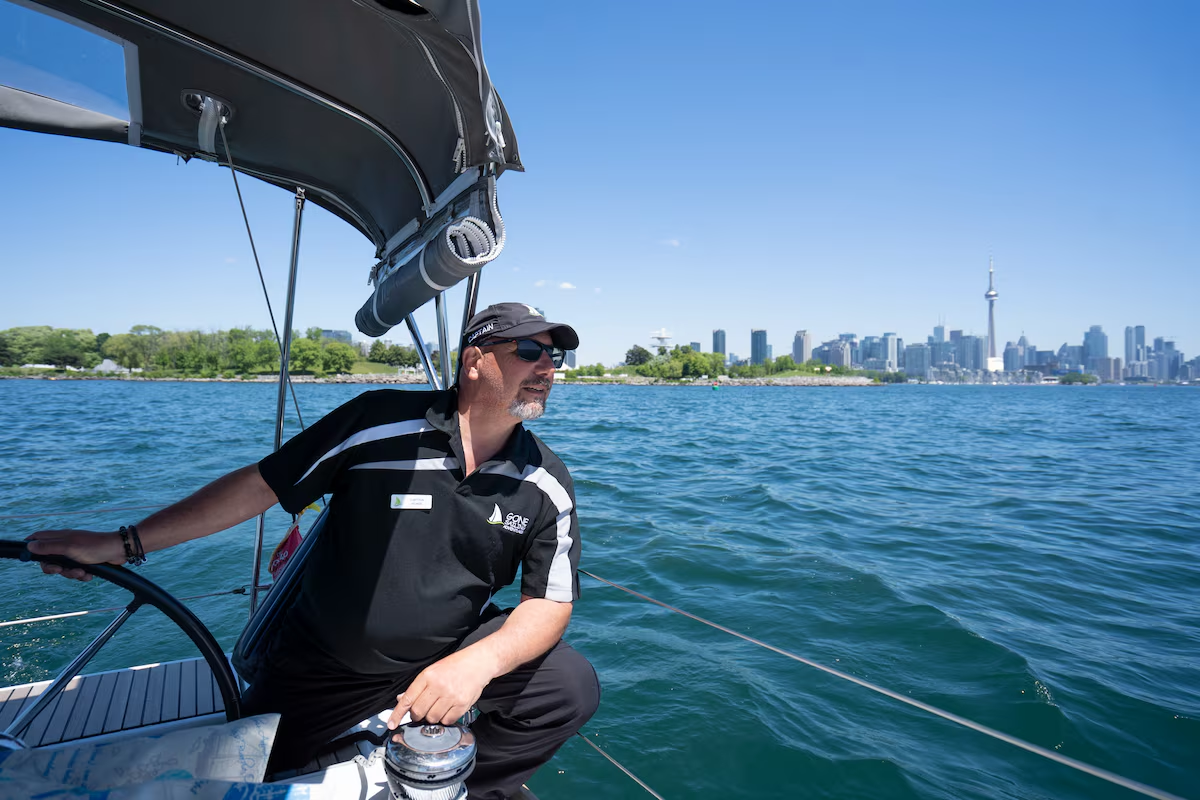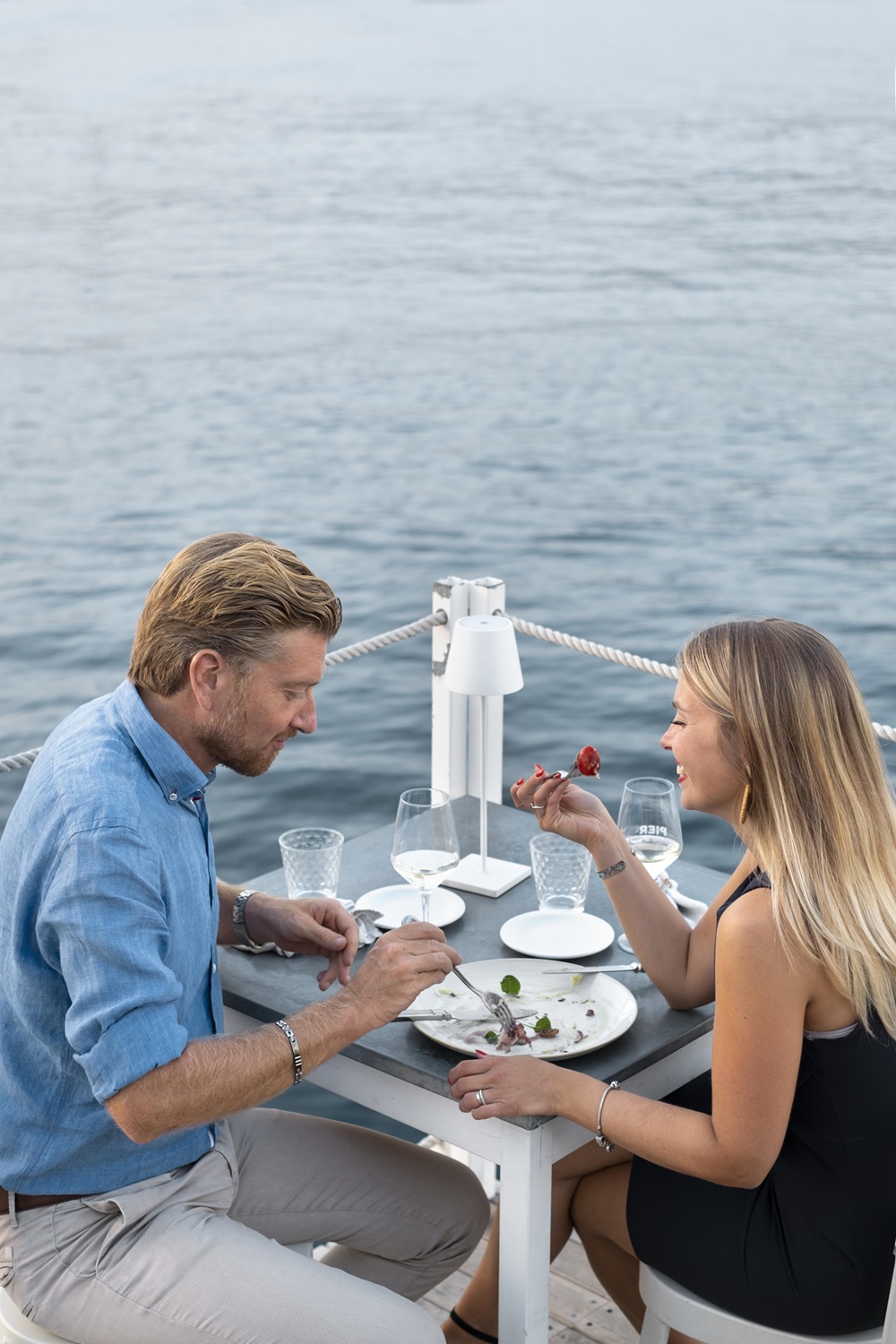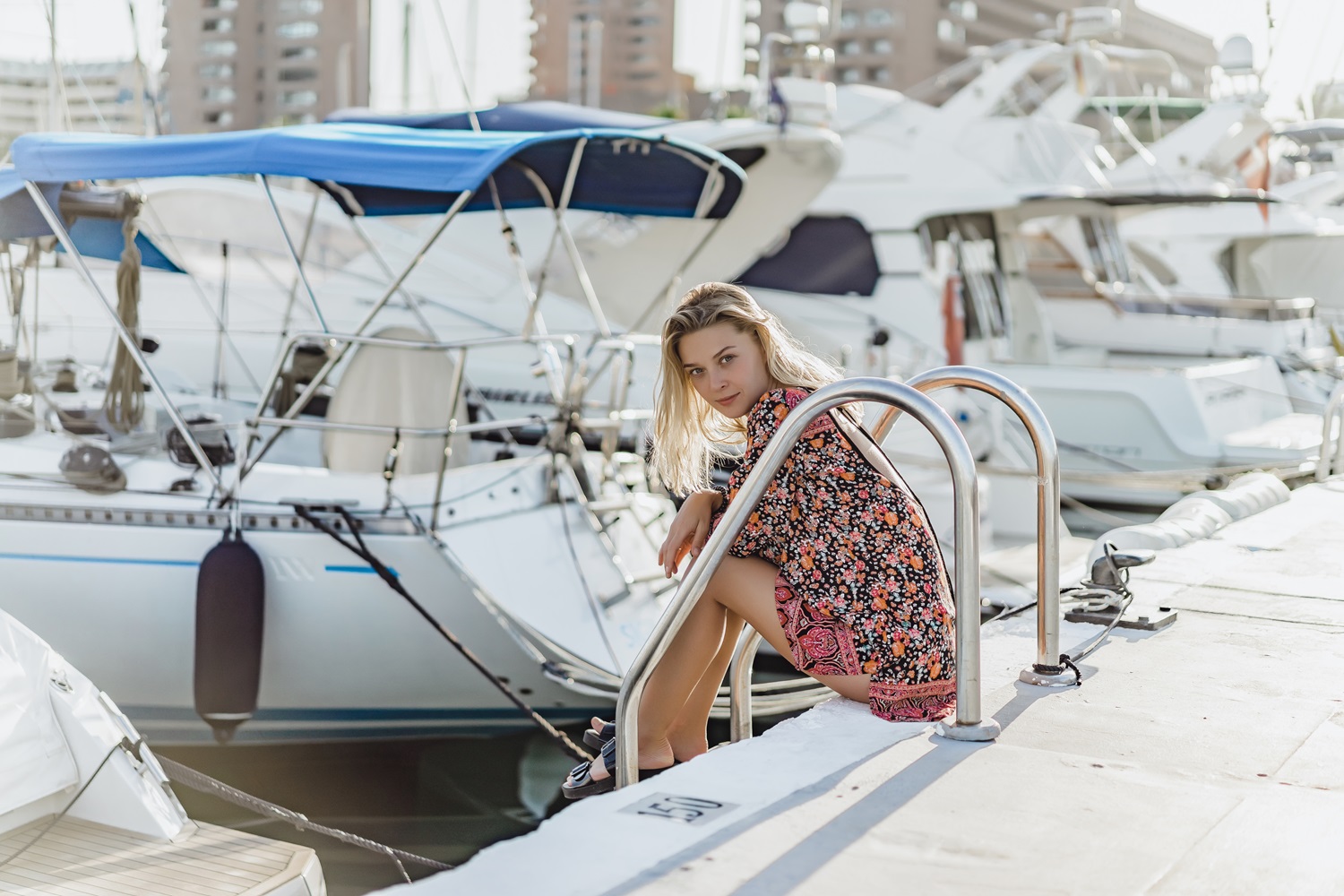
Now that temperatures are warmer, what better way to spend a lovely sunny day than on a boat. While sailing, you would probably like to have an alcoholic drink to enjoy the time. However, before you start packing your beer or liquor to take on the boat ride, it is crucial to know the laws about boating and drinking in Ontario.
In Ontario, passengers on a boat can legally consume alcohol if the boat meets all of the following requirements:
Most Houseboats, yachts, and larger vessels will likely meet these conditions; however, many smaller vessels may not count on those features to meet the requirements.
Consuming alcohol up to a point is legal for passengers. Remember, you should also have to observe the laws relating to public intoxication. However, if you are the boat’s operator, the consumption of alcoholic beverages is forbidden. This regulation ensures the safety of everyone on the ship while sailing. The no alcohol consumption rule for boat operators or pilots also applies to yachts, speed boats and any other type of vessel.
Furthermore, if someone is found operating a boat while drinking alcohol, it is considered a criminal offence under the Criminal Code of Canada.
The Ontario Ministry of Transportation defines impaired driving as:
“Impaired driving means operating a vehicle (including cars, trucks, boats, snowmobiles, and off-road vehicles) while your ability to do so has been compromised to any degree by consuming alcohol, drugs, or a combination of the two.”
The penalties applied to boating and drinking are the same as those used when driving under the influence. You may lose your license, pay hefty fines, possibly some jail time, and get a criminal record.
In Ontario, they also use the Interlock Ignition Program, which applies to land and water. If you don’t lose your license, you must comply with the program provisions. The same laws applied to impaired driving are applied to boating under the influence of alcohol, drugs, or both.
Boat operators who after a breathalyzer or blood test have a Blood Alcohol Concentration (BAC) of 80 milligrams of alcohol per 100 milligrams of blood or 0,08% are punishable as follows:
These strict laws are put in place because about 65% of boat accidents in Canada are related to alcohol abuse, making it a serious issue. Additionally, the Ontario Provincial Police has implemented a program called R.I.D.E. (Reduce Impaired Driving Everywhere), aiming to approach this severe problem by enforcing the law and educating about impaired driving.
A pilot or diver consuming alcohol while operating a boat can experience:
As you can see in the information above, the boating and drinking regulations are very strict in Canada and with good reason. However, if you would like to have a stress-free boat ride with your family and friends, your best option will be to hire a crew that is licensed by AGCO and can provide alcoholic beverages on board.




If you have any questions or need assistance, please don't hesitate to contact us:
WhatsApp us
When considering chartering a yacht in Canada, we know you have many options. Some of these options look super exciting and at ridiculously great prices. Recent trends in the industry have opened the door for many unqualified individuals to purchase boats and offer charter services to the unsuspecting public. It’s easy to create a website and even easier to just list a boat on sites such as Facebook Marketplace, Kijiji, Getmyboat, Boat Setter and many others.
Unfortunately, many of these operators are NOT licensed, insured or qualified to accept your trust on the water.
In order to be licensed and insured a number of items MUST be in place. Listed are just a few.
Over the last few years there have been a number of deaths and even more accidents resulting from these types of operators. Be safe and know who you are getting on a boat with. All licensed operators should willingly display their credentials, and most are members of the Passenger & Commercial Vessel Association (PCVA).